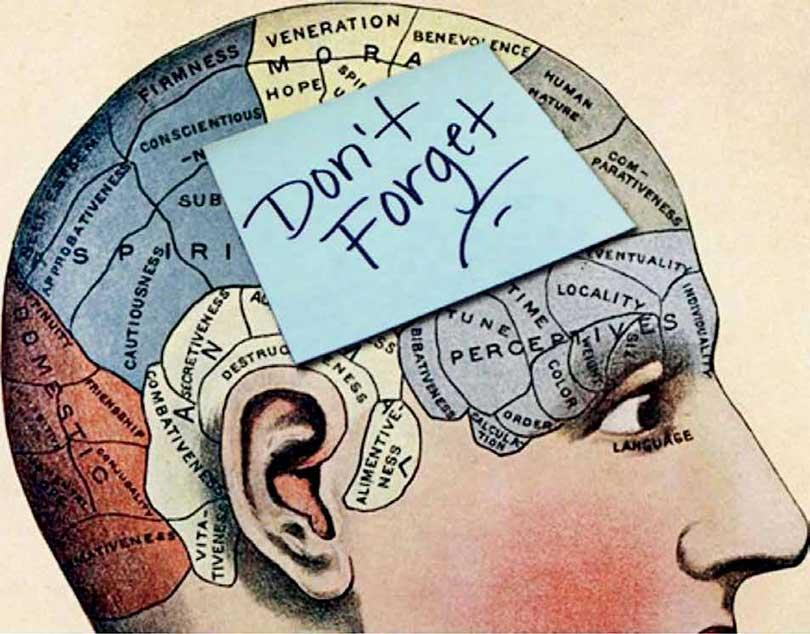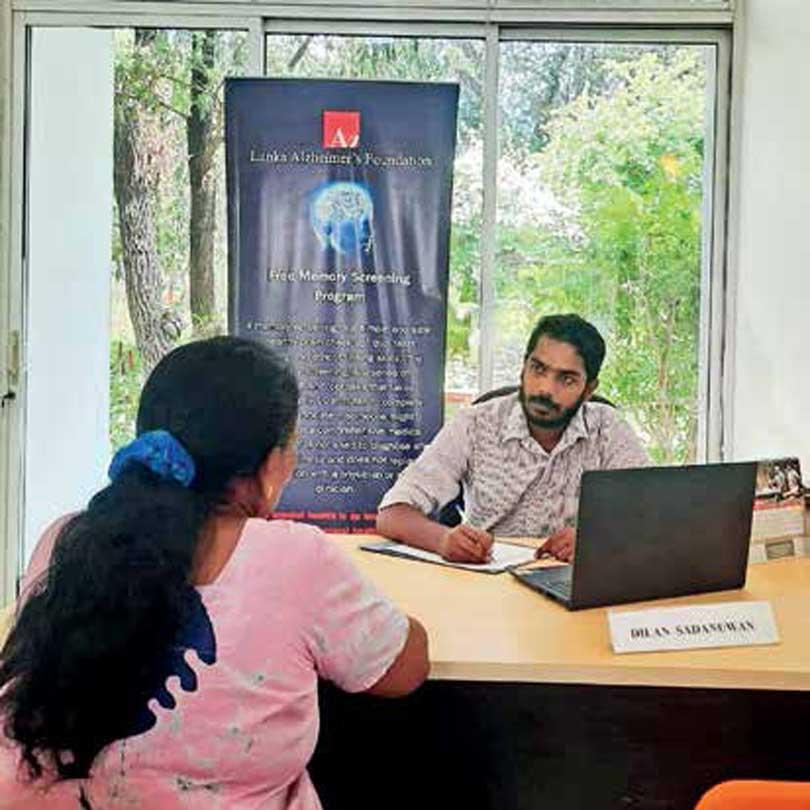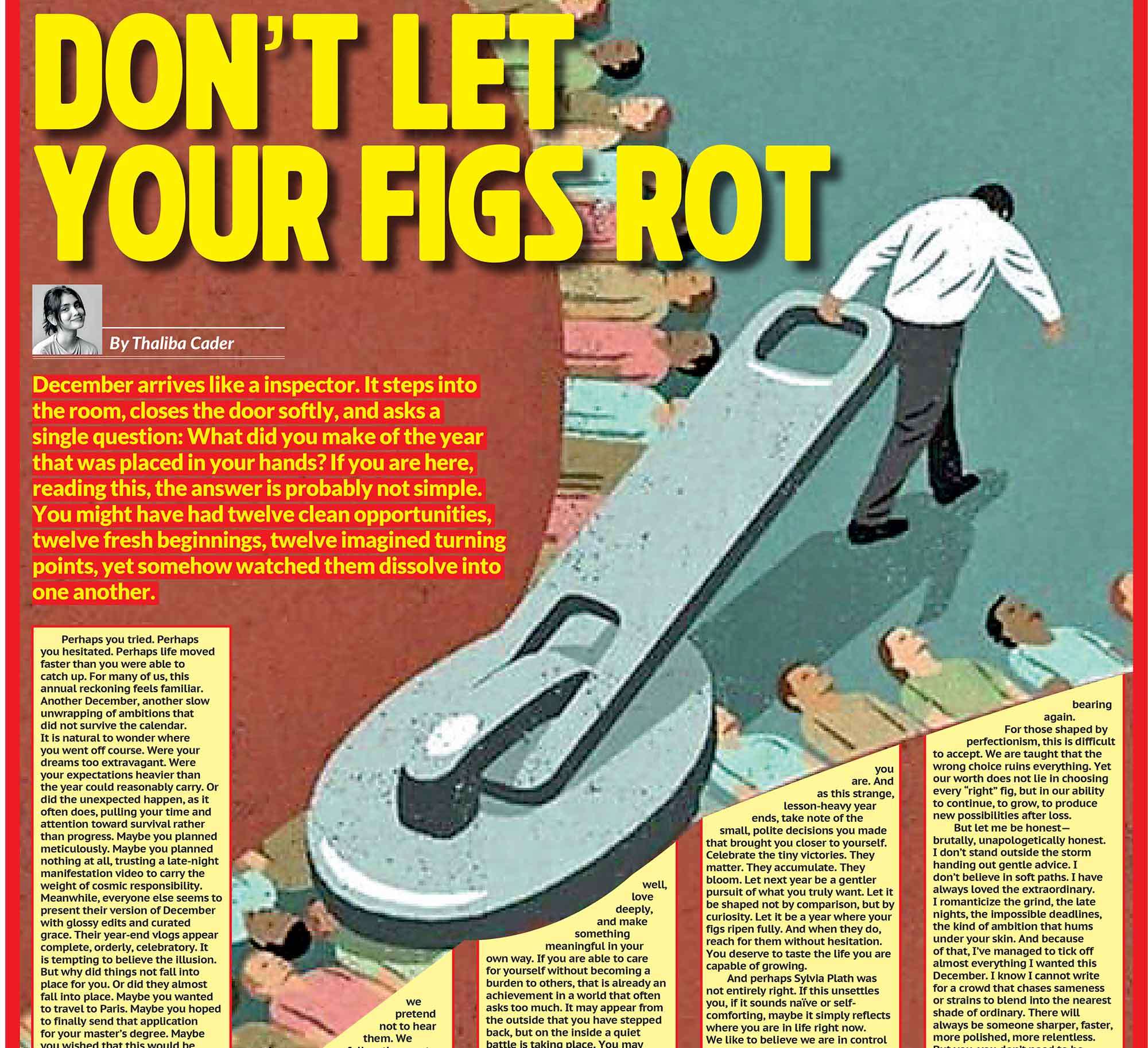


Anyone who is concerned with memory loss that is affecting their daily life and experiencing other early warning signs of dementia should consider memory screening
By Lakmali Cabral
Once you get to a certain age, it is a given that you will schedule regular medical examinations. These physical exams focus on preventive care and management of health; medical professionals look for underlying conditions for symptoms, if any, and make recommendations on how you can maintain optimal health. The doctor may order additional testing if issues of concern arise.
A memory screening is much like a physical check-up. The smooth functioning of our bodies and minds is affected by age, lifestyle, stress, illness and many other factors. Yet, despite the fact that our brains are the control centers of our bodies, many of us do not consider it necessary to assess our brain health. In fact, many find the idea of checking brain health daunting and intimidating. It should not be. It is a rather simple proactive step towards protecting your health. Memory problems can be caused by a number of medical conditions.
What is a memory screening?
A memory screening is an evaluation tool that consists of a series of simple questions and/or tasks that tests memory, language skills, attention and problem-solving skills among other things. Thus it tests multiple cognitive domains. Some of the questions may sound trivial, but they help the screener gain insights into different areas of the brain that may need attention. It is not a diagnosis but an initial check of memory and other cognitive abilities that helps the screener to evaluate whether further medical assessment is needed.
How is a screening conducted?
A memory screening can be conducted by a health professional – doctors, psychologists, nurses, nursing assistants or even trained social workers. It can be carried out in any place that is private, quiet and comfortable, ideally with only the screener and the person being screened present in a face-to-face setting. The results of a memory screening can be obtained immediately.
Who should undergo screening?
Anyone who is concerned with memory loss that is affecting their daily life and experiencing other early warning signs of dementia should consider memory screening. Those over 65 years of age and with high-risk conditions – such as high cholesterol levels, high blood pressure, diabetes or obesity – should consider screening as well, especially if there is a family history of dementia. Genetics influence risk, however most cases are not hereditary. It is also important to consider if there is a significant increase in forgetfulness, confusion or difficulty with everyday tasks following a stroke, head injury or infection.
In a small percentage of cases, Alzheimer’s affects people in their 40s and 50s too. Dementias such as frontotemporal dementia are also diagnosed in people as young as 45.
What preparations are needed?
No special preparations are needed. A good night’s sleep certainly helps. Anxiety may influence the outcome of a screening to an extent.
Why is it important?
A memory screening is not a substitute for a comprehensive medical assessment and its results cannot be used in isolation to diagnose Alzheimer’s or other dementias. But it is a vital first step that helps a medical professional determine if your cognitive functions are changing.
A screening can provide reassurance that there are no underlying issues and that what you are experiencing is normal brain aging. Initial screening results in such instances can serve as the baseline for comparison of cognitive functions in future screenings. Increased awareness about brain health can also promote healthier lifestyles.
If memory loss is indicated, it is important that the person follows up with a medical professional to determine the cause.
Many other treatable disorders or conditions such as depression, thyroid problems, vitamin B deficiency, sleep disorder and side effects of medications can mimic dementia-like symptoms. These conditions are reversible and respond to treatment.
Some older adults may have mild cognitive impairment (MCI). That could be an early sign of Alzheimer’s, but not every one with MCI develops the disease.
If it is dementia, there are medications that can delay its progression. An early diagnosis allows you to learn more about the disease, take informed decisions regarding treatment, access counselling and other support services, address legal, financial and care issues, and have a greater share of overall decision-making regarding your own future. Therefore, early detection paves the way for timely intervention, ensuring that you won’t miss the window where treatment and lifestyle changes can make a significant difference. MCI, dementia or other neurological disorders often start subtly. But medical interventions and lifestyle improvements can help slow the progression of the disease.
Lanka Alzheimer’s Foundation conducts memory screening sessions free of charge twice a month on designated Fridays on appointment. You may call 2667080 for an appointment.










